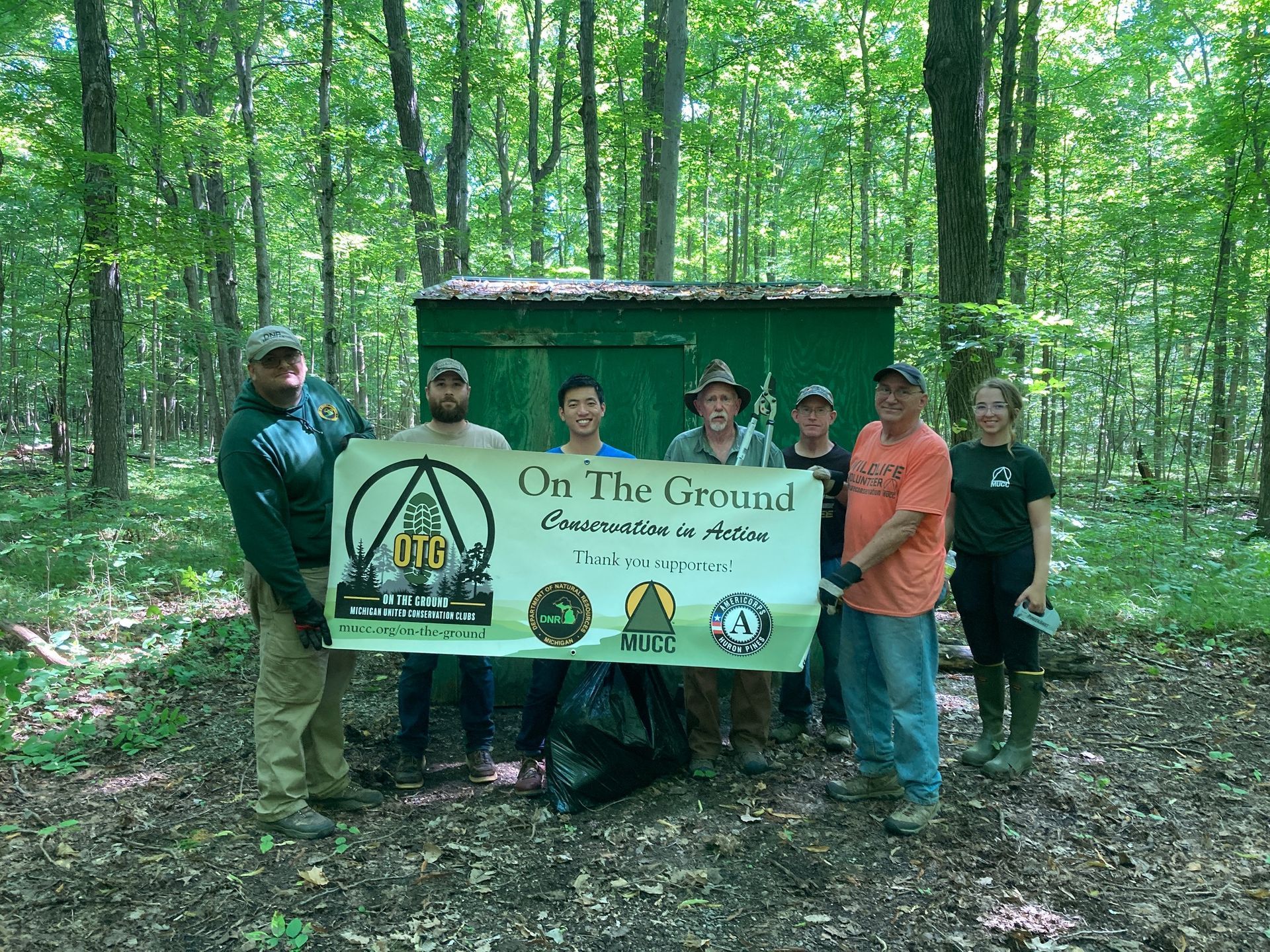By Justin Tomei
•
June 30, 2025
FOR IMMEDIATE RELEASE MUCC Submits Public Comment in Support of Line 5 Tunnel Project Lansing, MI — Michigan United Conservation Clubs (MUCC), the nation’s largest statewide conservation organization, has submitted formal public comments urging the U.S. Army Corps of Engineers to approve the Enbridge Line 5 Tunnel Project. In a letter submitted today, MUCC emphasized the need to move this critical infrastructure forward to protect the Great Lakes while maintaining safe, reliable energy transportation. “MUCC supports the tunnel project as the best available alternative to reduce the risk of an environmental disaster in the Straits of Mackinac while continuing to deliver essential energy products to Michigan families and industries,” said Amy Trotter, CEO of MUCC. “We believe the tunnel project strikes a balance between protecting the environment and maintaining energy security.” MUCC’s position is backed by a formal resolution passed by its membership, which includes thousands of hunters, anglers, trappers, and outdoor enthusiasts across Michigan. The resolution supports the tunnel as a long-term solution that replaces the aging and exposed pipeline segment currently crossing the Straits, offering greater environmental safeguards through secondary containment. The organization cited the Draft Environmental Impact Statement (EIS), which acknowledges the tunnel’s benefits, including reduced spill risk and a controlled, buried environment for transporting light crude oil and natural gas liquids. MUCC also rejected the "no action alternative," which would allow the existing line to remain in operation without any new protective infrastructure. “Other alternatives, like transporting fuel by truck or rail, are inefficient and carry greater environmental and safety risks,” Trotter added. “Allowing the current line to operate exposed on the lakebed indefinitely is simply not acceptable.” MUCC’s comment stresses that the organization is not weighing in on the type of energy transported, but rather on the environmental risks and safety benefits of the tunnel itself. Originally approved by the Michigan legislature and governor in 2018, the Great Lakes Tunnel Project represents a once-in-a-generation investment in infrastructure and environmental protection. MUCC urges the U.S. Army Corps of Engineers to issue the necessary permits and move forward with construction without further delay. For Media Contact: Justin Tomei jtomei@mucc.org 517-346-6488 #####
 On Saturday, August 27, 2022, a small but mighty crew of OTG volunteers gathered at the accessible hunting blinds in the Central Unit of Maple River State Game Area to clear shooting lanes and spruce-up the blinds in time for deer season.
On Saturday, August 27, 2022, a small but mighty crew of OTG volunteers gathered at the accessible hunting blinds in the Central Unit of Maple River State Game Area to clear shooting lanes and spruce-up the blinds in time for deer season.


